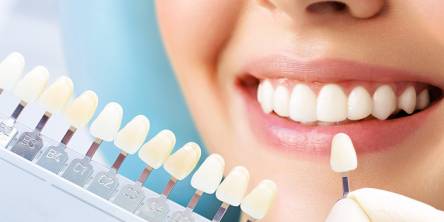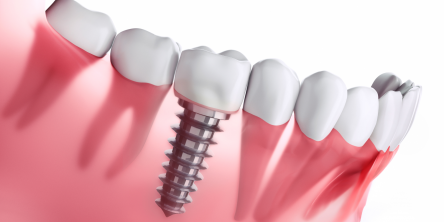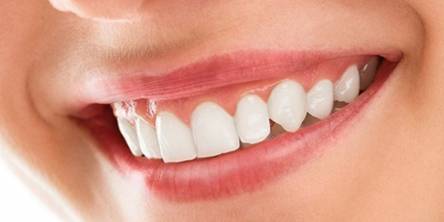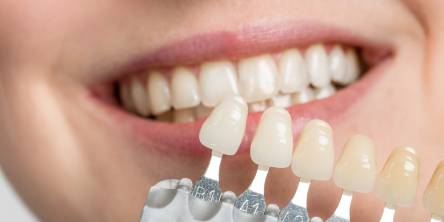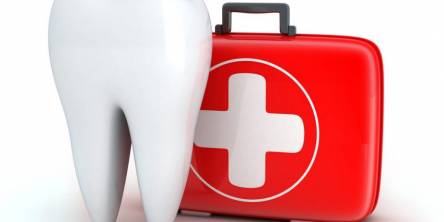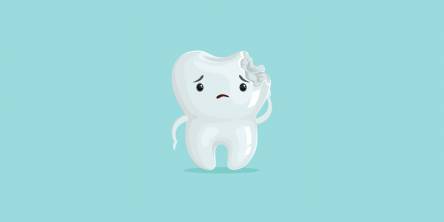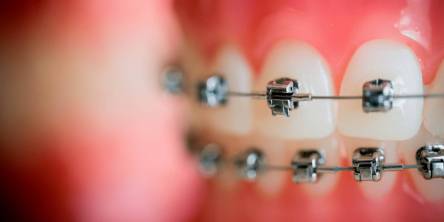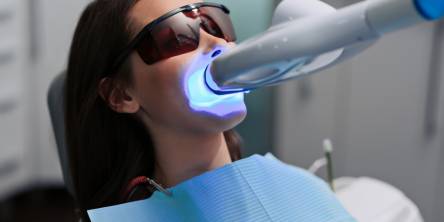6 Effective Tips on How to Prevent Gum Disease
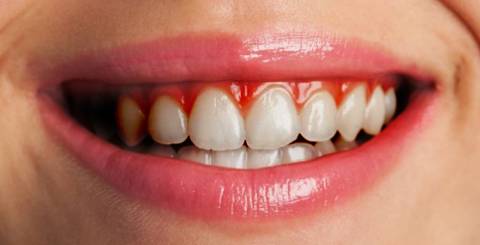
Gum disease develops as a moderate condition known as gingivitis. This is the stage at which the gums get red, swell, and bleed. If left untreated, it can lead to periodontitis. This more severe type of condition leads the gums to recede, exposing more of the tooth, and leaving spaces for bacteria to thrive. The teeth may become loose and fall out as a result of bone loss.
Gum disease is preventable. By changing a few behaviors and being more persistent in your dental care, you can avoid significant oral health concerns. Your dentist can help you avoid this issue and cure it if it develops. Here is a list of six effective tips on how to prevent gum disease.
1. Brush your teeth thoroughly
Proper toothbrushing is the first step in keeping your teeth clean and healthy. Brushing twice a day for two minutes at a time will assist to keep plaque at bay. Spend 30 seconds on each quadrant of your mouth to make cleaning every tooth simpler (upper right side, upper left side, lower right side, lower left side).
It is essential to use the correct procedures to ensure that the teeth are cleaned properly and that the soft tissue surrounding them is not damaged. Angle the brush head towards the gums in gentle circular strokes. Clean all surfaces, as well as the gum line, as well as both the front and back of your teeth.
2. Use dental floss every day
Dental patients frequently mention to their dentist or hygienist that they don’t floss frequently enough. Flossing once a day can maintain your gums healthy. This practice will remove food and dirt from between teeth. It stops the gums from swelling and receding. Flossing can help people avoid tartar accumulation and the serious complications that might result.
3. Use s mouthwash
Therapeutic mouthwashes, which are often available over the counter, can help decrease plaque, prevent or minimize gingivitis, slow the formation of tartar, or a combination of these advantages, according to the ADA. Additionally, a rinse helps in the removal of food particles and debris from your mouth, while it is not an alternative for flossing or brushing. Look for the ADA seal, which indicates that the product has been determined to be effective and safe.
4. Replace your toothbrush when it shows signs of wear
As a general guideline, replacing a toothbrush every 3 to 6 months should maintain it in good enough form to thoroughly clean your teeth. Damaged or frayed toothbrushes can't clean the surface of your teeth properly and might cause gum injury.
Replacing your toothbrush on a regular basis also helps to keep it clean. Always thoroughly clean your toothbrush before storing it so it can air dry. If you've been sick, make sure to replace your toothbrush to avoid reintroducing bacteria into your mouth.
5. Drink enough water
In addition to being beneficial to your general health, water consumption also supports proper saliva production. Saliva promotes dental health by carrying food particles through your mouth, preventing the majority of them from being lodged in your teeth, where bacteria can thrive. It also keeps your mouth moist and healthy.
6. Visit a dentist regularly
Gum disease may go unnoticed by some people. The dentist will be able to diagnose the disease due to their knowledge and training. The dentist might evaluate the patient and look for indicators of gingivitis or periodontitis during semi-annual dental visits.
The hygienist will not only clean the gums and teeth, but the dentist will also advise you on how to brush and floss more efficiently. Going to the dentist's office on a regular basis will assist the patient to maintain these healthy practices.
Similar Articles
Cosmetic dentistry has grown in popularity recently, allowing people to improve their smiles and confidence. Despite its rising popularity, cosmetic dentistry has become saturated with myths and misconceptions. This article will debunk the top seven myths, shedding light on the reality behind these common misconceptions.
When you lose an adult tooth, it is critical for your dental health that you replace it. If you don't, you risk teeth moving, increased oral instability, and tooth loss. It could harm the underlying bone. An endosteal implant, often known as a dental implant, is one option for restoring missing teeth.
A smile makeover is a process that improves the appearance of the smile by combining various cosmetic dental procedures, such as braces or Invisalign to correct misaligned teeth, teeth whitening to brighten up discolored teeth, and a dental crown or porcelain veneers to cover unsightly flaws like chips or discolored spots.
Dental veneers are one of the most expedient ways to achieve the bright, healthy smile of your dreams. Whether you are self-conscious about stained teeth or want to conceal a chipped tooth, veneers can provide a satisfying solution.
When you experience dental pain, you should be aware of whether you require emergency dental care and whether your dental insurance policy covers you. Not all dental disorders necessitate rapid treatment. A toothache, a damaged tooth, or pain from a dental crown are severe dental problems, but they are not always emergencies, so it is best to plan ahead of time.
Tooth decay, commonly known as dental caries or cavities, is a common oral health problem that affects people of all ages. While much has been discovered about the causes and prevention of dental decay, numerous myths still exist
Damon braces have gained popularity in orthodontic treatment because of their innovative design and efficiency in correcting tooth misalignments. While traditional braces have long been the preferred option, Damon braces provide a more comfortable and barely noticeable alternative.
Anyone and everyone who is unhappy with the appearance of their mouth can benefit from cosmetic dentistry. Cosmetic dentists can offer effective treatments and guidance to make you feel better about your physical appearance
Using a light-activated bleaching gel in laser teeth whitening has become a prevalent cosmetic dental procedure. Its increasing popularity can be attributed to people's desire to enhance their appearance and boost their self-assurance.

